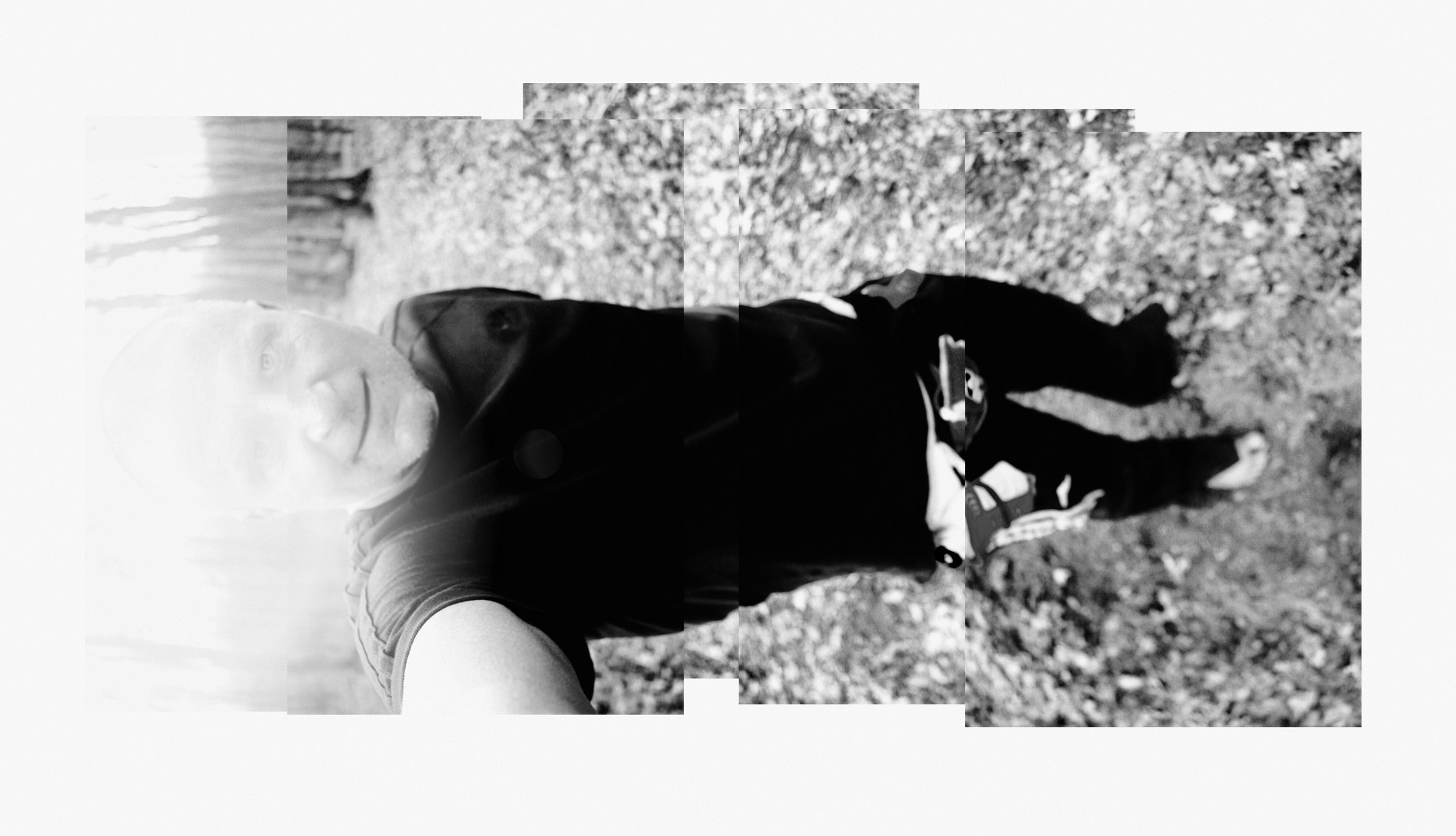
Kennemer Dunes, today. "I always go forward with it" [ "To make clear what specific goals to achieve" ]
Min/max temperature: 3°C/10°C; humidity: 87%; precipitation: 0 mm; sea level pressure: 1013.09 hPa; wind WNW 9.7 km/h; visibility: 11.0 kilometres.
"When I am writing it is about the page. It is not about the movie. It is not about cinema. It is about literature, about me putting the pen to paper and writing a good page. And making it work completely as a literature document in itself. That is my first artistic contribution. And if I do my job right, by the end of the script, I should be having the thought, 'You know, if I were to just publish this now and not make it, I am done. I've done it. I could actually be okay, with just saying that's it. And whoever wants to read it, will read it, and I am done.' Now it is mine to F-up if, I go forward with it. Now, I always go forward with it, but I actually think, where I come from, I wanna love that script so much, I am tempted to stop. I am tempted to call myself a winner right then and there, before I climb the mountain. […] There is stuff in that script that will never ever make that movie, but it just makes the book, the piece of literature better. It is a better read, it is a better… more emotionally satisfying… Just like you are doing an adaptation, you peal a lot of that stuff away."
Quentin Tarentino in 'The Directors: Full Uncensored Interview', first published on 27 November 2012 by The Hollywood Reporter
"The lightfoot summer comes nigh us,
The branching trees and the bright unmindful grass
Do not forget their time,
They take no thought, yet remember
To show forth their colour in season."
From 'Kakitsubata' a Noh play by Motokiyo (b. 1374, d. 1455), published in Ezra Pound and Ernest Deollosa's 'The Classic Noh Theatre of Japan', page 123, first published in 1917 by Alfred A. Knopf, Inc. USA
A [ leader ] can stimulate his [ people ] by seeing them, by talking to them. The old saying "management by walking around" is still valid. It is even more valid in the e-mail era that we are living at the moment. There is a risk, especially within staffs, that massages are sent without talking to or seeing each other anymore. Talking to the [ people ] is extremely important, especially when times are bad, people are tired and are under a lot of pressure. Frequent contact […] is then much needed. […] The [ leader ] should make clear what specific goals he wants to achieve. He should show […] that he has both high expectations and confidence [ He ] must also determine in what direction he wants to go with his unit. He must develop a vision. The next step is to make the whole unit enthusiastic about his vision. They must believe in his ideas. [ One ] can only do so by walking around, by talking to people, listening and discussing your ideas and theirs […] I had to praise and encourage [ them ], reassuring and reminding them of our commitment to the mission. Commitment is a necessary ingredient for that extra push sometimes needed to accomplish a dangerous and stressful mission."
P.C. Cammaert, in 'NL Arms', page 35, 36, first published in 1997 by RNMA, Breda
"Give up sainthood, renounce wisdom,
And it will be a hundred times better for everyone.
Give up kindness, renounce morality,
And people will rediscover filial piety and love.
Give up ingenuity, renounce profit,
And bandits and thieves will disappear.
These three are outward forms alone: They are not sufficient in themselves.
Its is more important
To see the simplicity,
To realise our true nature,
To cast off selfishness
And temper desire."
Lao Tsu in 'Tao Te Ching', page 21, translated by Gia-fu Feng and Jane English. Originaly published by Knopf, New York, 1972